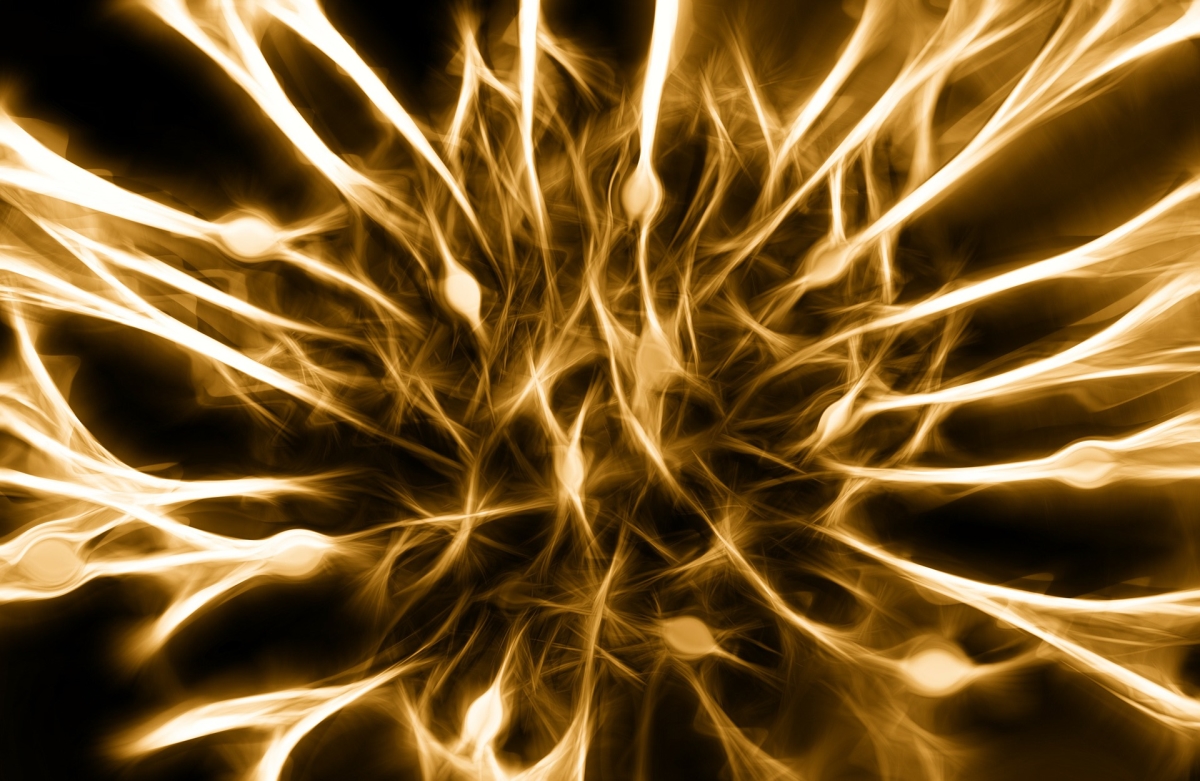Compassion, addiction and the nervous system
Addiction is a theme close to my heart. Some years ago I struggled with an addiction myself and I have experienced first hand the negative consequences of this addictive part of me taking over. What was once fun led to experiences of shame and isolation. It however also precipitated a process of transformation that led to me getting support in the form of addiction treatment, 12 step fellowships and psychotherapy. It ultimately led me to change career and start retraining as a psychotherapist.
Going away to treatment for a period felt like a kind of rite of passage. Being in a different physical space, focusing on a new way of life, gave me the motivation and the psychological space to move forward in a direction that was more fulfilling for me. Twelve step meetings were really beneficial too and helped with the sense of isolation. In them I found a readily available network of supportive people and free meetings I could go to to fill the emptiness inside me and connect both to other human beings and to a sense of purpose.

